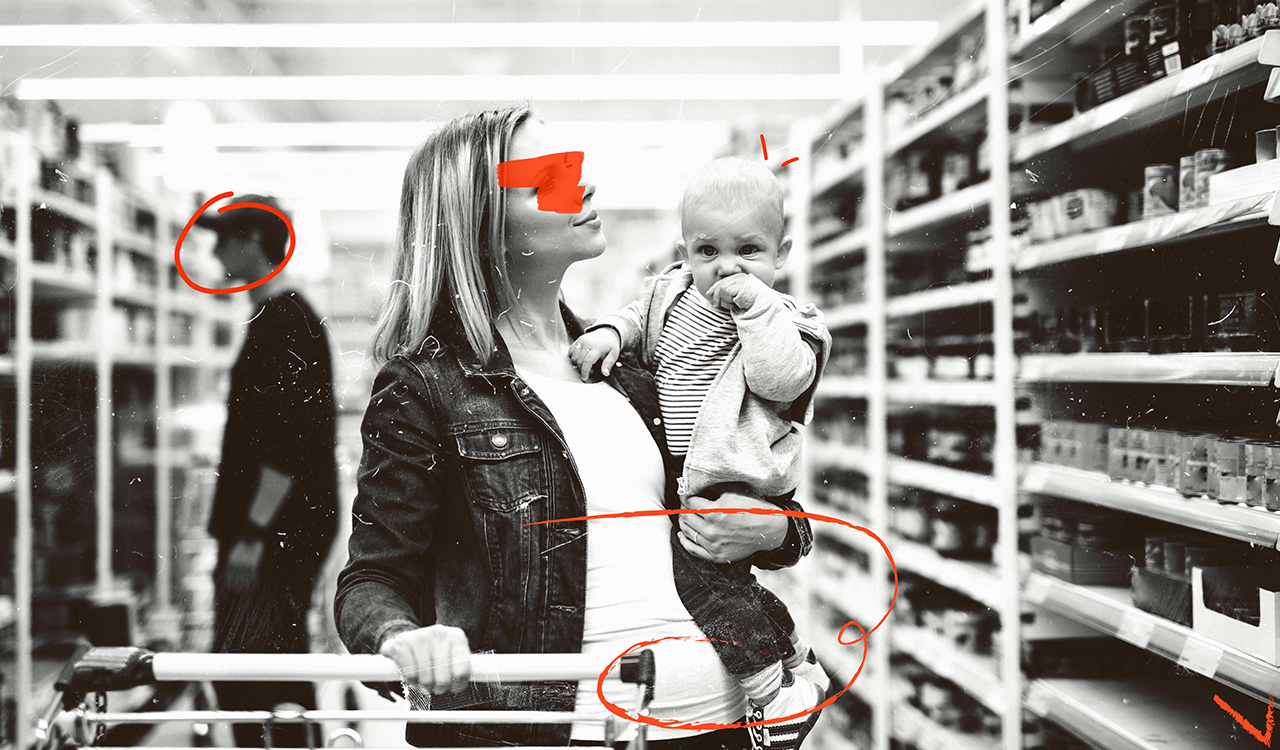Covid-19 has now been around long enough for us to start drawing some conclusions from our shared experiences. The Pandemic is far from over and has prompted almost everyone to think deeply about their lives, relationships, values and attitudes. Part of this re-evaluation has been caused by so much extra time in shelter, watching a medical, economic and social justice drama unfold on our screens of choice. For essential workers, it has been a 24/7 call to action; for nonessential workers it has been an opportunity to reflect and reset. For everyone, it has been a massive wake-up call to problems that have been long unresolved.
[callout]These socioeconomic shifts will affect retail in terms of understanding human motivations and feelings as well as the operational aspects of catering to a changed consumer mindset.[callout]
I offer six major takeaways from the pandemic that will change how we think about the future. These socioeconomic shifts will affect retail in terms of understanding human motivations and feelings as well as the operational aspects of catering to a changed consumer mindset.
1. Reexamining Human Values
Many people are impressed by public-facing investment-bankers, lawyers, business CEOs, celebrities/ sports superstars and tech tycoons. What the coronavirus revealed was the realization that many of us take for granted the millions of lower-income workers, many in menial jobs, who toil to make our lives easier and safer every day. This includes people who work in grocery stores, bus drivers, delivery personnel and the many first responders — including EMTs, firemen, police, and hospital staffs. In the past few months, we have seen just how dependent we are on these essential workers who proved to be dedicated and brave beyond reason during the crisis and who have been willing to put their lives at risk to help shepherd us through this difficult time. An essential reset is to acknowledge the value and contributions of these unsung, everyday heroes.
2. Rediscovering Family
Covid-19 stay-at-home restrictions have given many families a new chance to reacquaint themselves with each other. Although for some, too much togetherness time was not quite what they bargained for (as reported, the divorce rate in Wuhan skyrocketed after the city reopened). For highly functioning families, on the other hand, it gave everyone time to bond together, learn more about each other, eat and play together. Parents have re-embraced parenting and learning to teach their kids at home. There is a newfound feeling of protection of older generations and a real concern about elder-care facilities that we used to take for granted. Pet adoptions are in the rise and family became our most important support resource and our first-line battle defense.
3. Economic Realignment
A Federal Reserve survey reveals that \”40 percent of Americans do not have enough financial reserve to handle an unexpected expense of $400\”-and this was before the Pandemic. We can see clearly now that the vast majority of Americans have been treading financial waters, struggling to make ends meet-in spite of plentiful jobs and a \”booming\” stock market. Financially, the majority of Americans were caught short when the Covid-19 layoffs started. In spite of the government taking steps to amplify unemployment insurance payments and dole out stimulus checks, multi-millions of workers were unable to cover their expenses for even the next 30 days, missing rent or mortgage payments and being forced to queue up in food lines.
America has a two-tier economy: one economy for Wall Street, large corporations and the wealthy, and another economy for everyone else. A truly booming economy must speak to the financial security and well-being of all citizens and must reward worker productivity with adequate economic support. A few key data points reveal the inequities:
- Job losses surpassed 44 million by early June, with one in every four Americans out of work.
- By April 15 million credit cards were in \”financial hardship\” programs.
- The National Multifamily Housing Council reported that in April, only 69 percent of renters had made rent payments on time. According to the Urban Institute, renters may need $96 billion in payment assistance over the next six months.
- The Mortgage Bankers Association (MBA) says that 4.2-million homeowners are in special forbearance programs, officially delaying their mortgage payments.
- According to 401k Specialist, 401k assets totaled $6.2 trillion in the fourth quarter of 2019. After paying for essentials (including housing, food, health care, and education-all of which have seen price increases that have far outstripped income gains), millions of families are left with little or no money available for discretionary purchases-or for personal emergency savings.
- Consumer spending accounts for 70 percent of U.S. GDP, and discretionary spending has long fueled shopping at the mall, especially for apparel, home furnishings, and recreational goods.
4. Remapping
According to Pew Research, the number of adults in middle-class income households shrank from 61 percent in 1971, to 52 percent in 2016. Another demographic game-changer is that we are beginning to see high concentrations of people, mass transportation, large buildings and big cities as potential liabilities. This has certainly been the case during coronavirus in our cities. As a result, remote work and education are expected to become new models. This will change everything from office design to home office design. The insecurity of the density of cities also caused a mass exodus of people moving away from heavily populated urban centers to secondary cities and more suburban and rural settings (reversing the trend to urban in-fill development so popular over recent years). We can expect the exurbs to expand even further from major city cores, and we will see second-tier cities, including Nashville, Austin, Ashville and Raleigh (NC), Portland, Denver, Fort Worth/Waco (TX), Orlando, and Pittsburg, grow quickly, especially increasing in popularity among younger population segments.
5. Online Shopping
Online shopping is here to stay and is only going to grow in popularity. Need we say more?
6. Foreign Sourcing
Retailers have become almost totally reliant on outsourcing the manufacture of consumer goods to Asia, especially to China. A flood of cheap imported electronics, apparel, furniture, and other goods has washed across America\’s business landscape for twenty years or more, at times amounting to as much as 80 percent of Chinese imports for certain categories of merchandise. As we have seen over recent months, there are risks inherent in manufacturing the majority of any product offshore-especially essential items. Depending on China for the majority of our medical needs, from pharmaceuticals to essential personal protective equipment (PPE)-China has provided close to 50 percent or more of U.S. PPE, annually-proved to be a dangerous policy, in terms of both availability and price.




